Apple iPhone 17 Pro vs Google Pixel 10 Pro: Main differences
The fiercest rivals are back in the ring
We may earn a commission if you make a purchase from the links on this page.

Intro
It's been a year of incremental upgrades sweeping through the mobile landscape, and the latest devices by Apple and Google prove that.
On one hand, the iPhone 17 Pro arrived with a faster chipset and brighter screen, a new design language, and faster charging, but overall, the same familiar iPhone experience in a compact body.
Explore more phone deals this Black Friday right here
The same applies to the Pixel 10 Pro, which is nearly a carbon copy of the Pixel 9 Pro, just with a slightly faster Tensor chip. The changes here are even fewer.
Which one should you pick?
We have used both phones for a while and also run them both through our in-house display, performance, and camera tests to determine which one's the better device in late 2025. Of course, the ecosystem has a lot of play here, but pound-for-pound, one should be clearly better than the other, right?
Apple iPhone 17 Pro vs Pixel 10 Pro differences:
| iPhone 17 Pro | Pixel 10 Pro |
|---|---|
| Design | |
| Weighs 206 gr | Similar 207-gram weight |
| 8.75 mm thickness | Mostly similar 8.6 mm thickness |
| Two-tone aluminum frame | Aluminum and Glass design |
| Ceramic Shield 2 front, Ceramic Shield back | Corning Gorilla Glass Victus 2 front and back |
| Silver, Cosmic Orange, Deep Blue colors | Jade, Moonstone, Obsidian, Porcelain |
| Action Button and Camera Control button | No extra buttons |
| Display | |
| 6.3" OLED with 1-120Hz ProMotion | 6.3" OLED with 1-120Hz refresh rate |
| Larger Dynamic Island cutout | Smaller punch-hole |
| 3,000 nits of peak brightnes | 3,300 nits of peak brightness |
| Anti-reflective properties | No anti-reflective properties |
| Face ID | Ultrasonic fingerprint biometrics |
| Performance | |
| Hexa-core Apple A19 Pro chipset, 3nm | Octa-core Google Tensor G5, 3nm |
| Vapor chamber cooling | No vapor chamber cooling |
| 12GB of RAM | 16GB of RAM |
| 2TB storage option | Maxes out at 1TB |
| iOS 26 | Android 16 |
| Cameras | |
| 48MP F1.8 main camera | 50MP F1.7 main camera |
| 48MP F2.2 ultrawide camera | 48MP F1.7 ultrawide |
| 48MP 4X telephoto with larger sensor | 48MP 5X telephoto |
| 18MP Center Stage FaceTime camera with square sensor | 42MP front camera |
| Battery | |
| A significantly smaller 4,252 mAh battery | Larger 4,870 mAh battery |
| 40W wired charging: 50% in 20 minutes | 30W wired charging, up to 55% in 30 minutes |
| 25W wireless charging | 15W Qi2 wireless charging |
| MagSafe system | PixelSnap system, compatible with MagSafe |
| Models | |
| No 128GB version | 128GB base ($999) |
| 256GB base ($1,099) | 256GB ($1,099) |
| 512GB ($1,299) | 512GB ($1,219) |
| 1TB ($1,499) | No 1TB version |
Table of Contents:
Read more:
Design and Size
Iconic as iconic gets
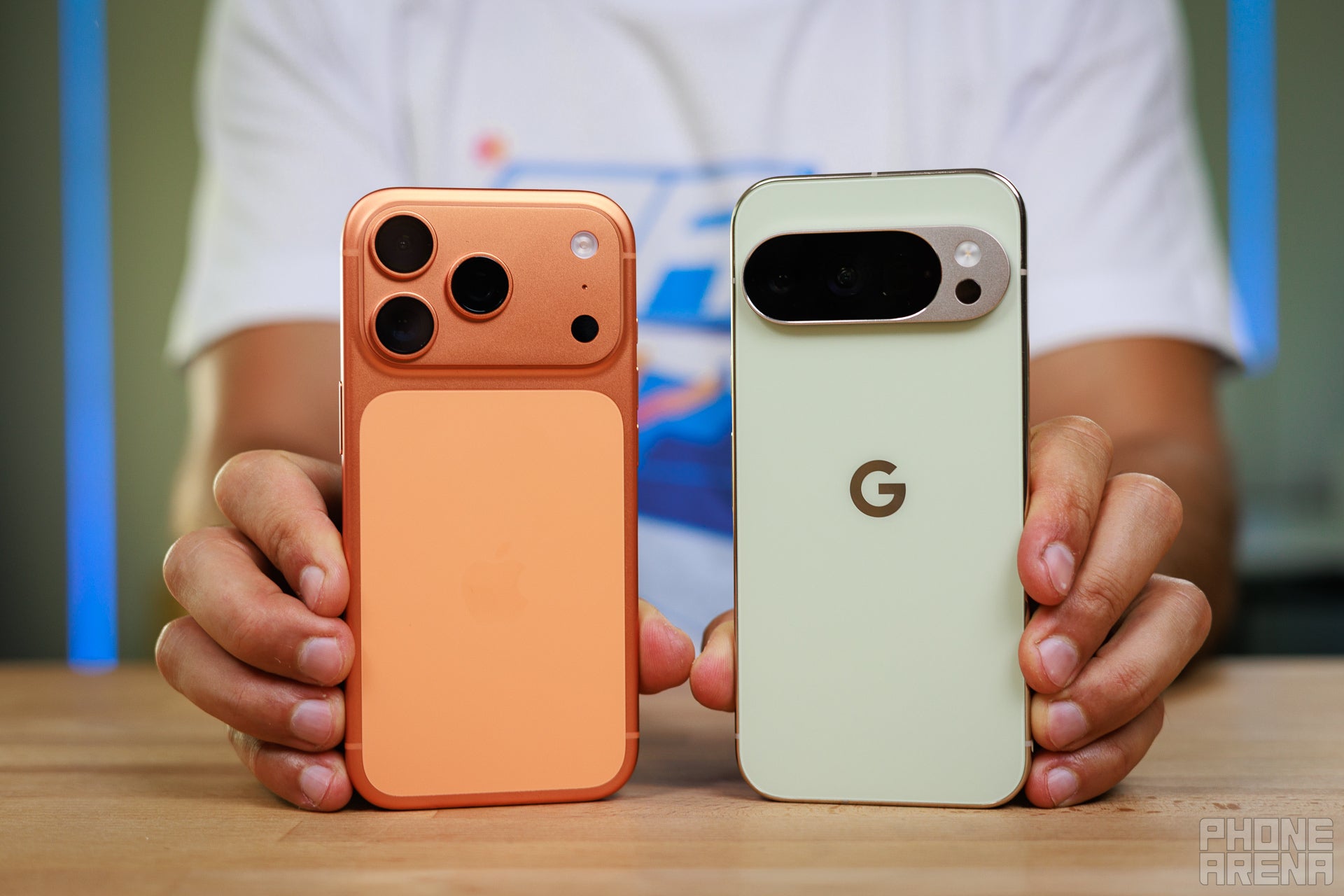
The Pixel 10 Pro is pretty similar to its predecessor in terms of design language and overall size. Actually, it could be extremely daunting to discern the Pixel 10 Pro and the Pixel 9 Pro if both stand one next to the other. No issues with that: we loved the Pixel 9 Pro design, and the Pixel 10 Pro is as stunning, to say the least.
We get the same flat aluminum design, with Gorilla Glass 2 at the front and in the back. The large camera strip is here to stay with the Pixel 10 Pro.
The iPhone 17 Pro took a leap into the unknown. The body has been redesigned, and we are back to aluminum unibody. The back now has a huge "camera plateau", as Apple calls it. The glass panel back there is smaller, and the Apple logo has been moved slightly below the center of the phone itself. Apple uses Ceramic Shield for that back panel, and Ceramic Shield 2 for the front — now 3x more scratch resistant than the OG Ceramic Shield.
We don't really like the aluminum body of the iPhone 17 Pro mostly due to the greatly diminished durability here. It seems the frame is very soft and can get easily scratched by just about anything. Interestingly, the screen glass would survive a drop to the ground, but the frame won't.
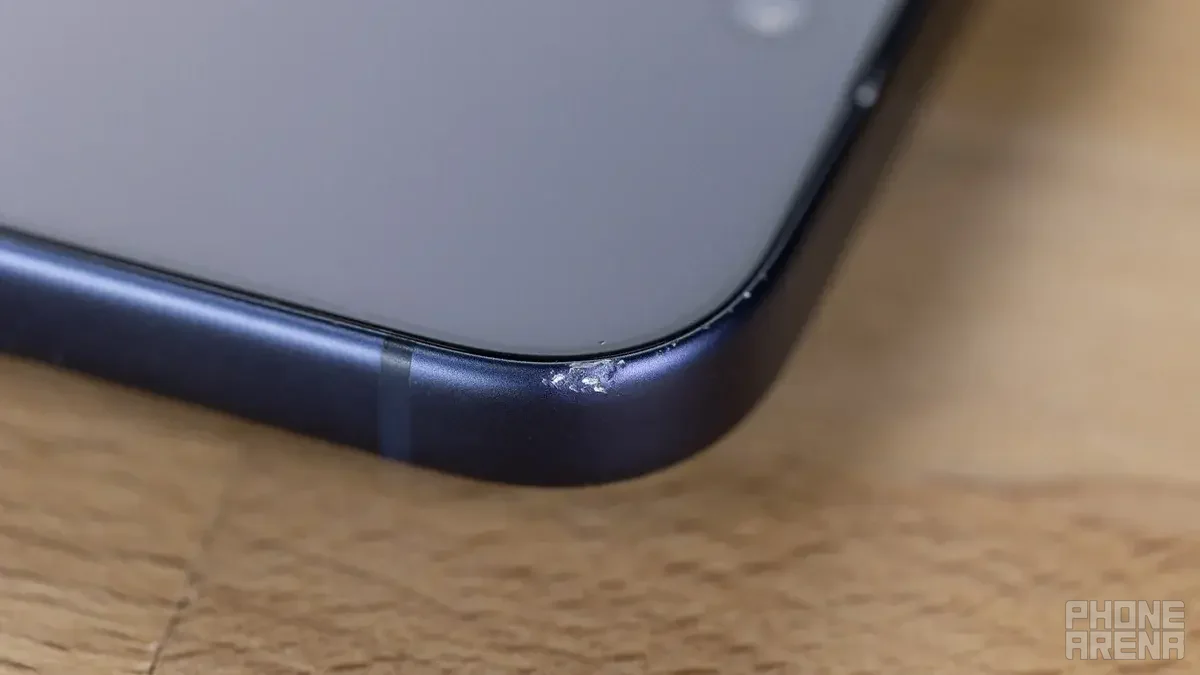
One major style change that's coming to the iPhone 17 Pro is one that will surely rustle some feathers. The Pro models are getting a redesigned rear camera bar, which evokes a strong resemblance to the Pixel's signature rear camera strip. However, the iPhone's take on this design style is set to be way more imposing, occupying nearly a third of the phone's rear.
| iPhone 17 Pro | Pixel 10 Pro |
|---|---|
| Thickness 8.75 mm | Thickness 8.6 mm |
| Dimensions 150.0 x 71.9 | Dimensions 152.8 x 72.0 |
| Weight 206 grams | Weight 207 grams |
Color-wise, the iPhone 17 Pro shocks us with a limited selection — Silver, Deep Blue, and Cosmic Orange. It's been a while since we only had three colors to pick from, but at least the orange one looks quirky and interesting.
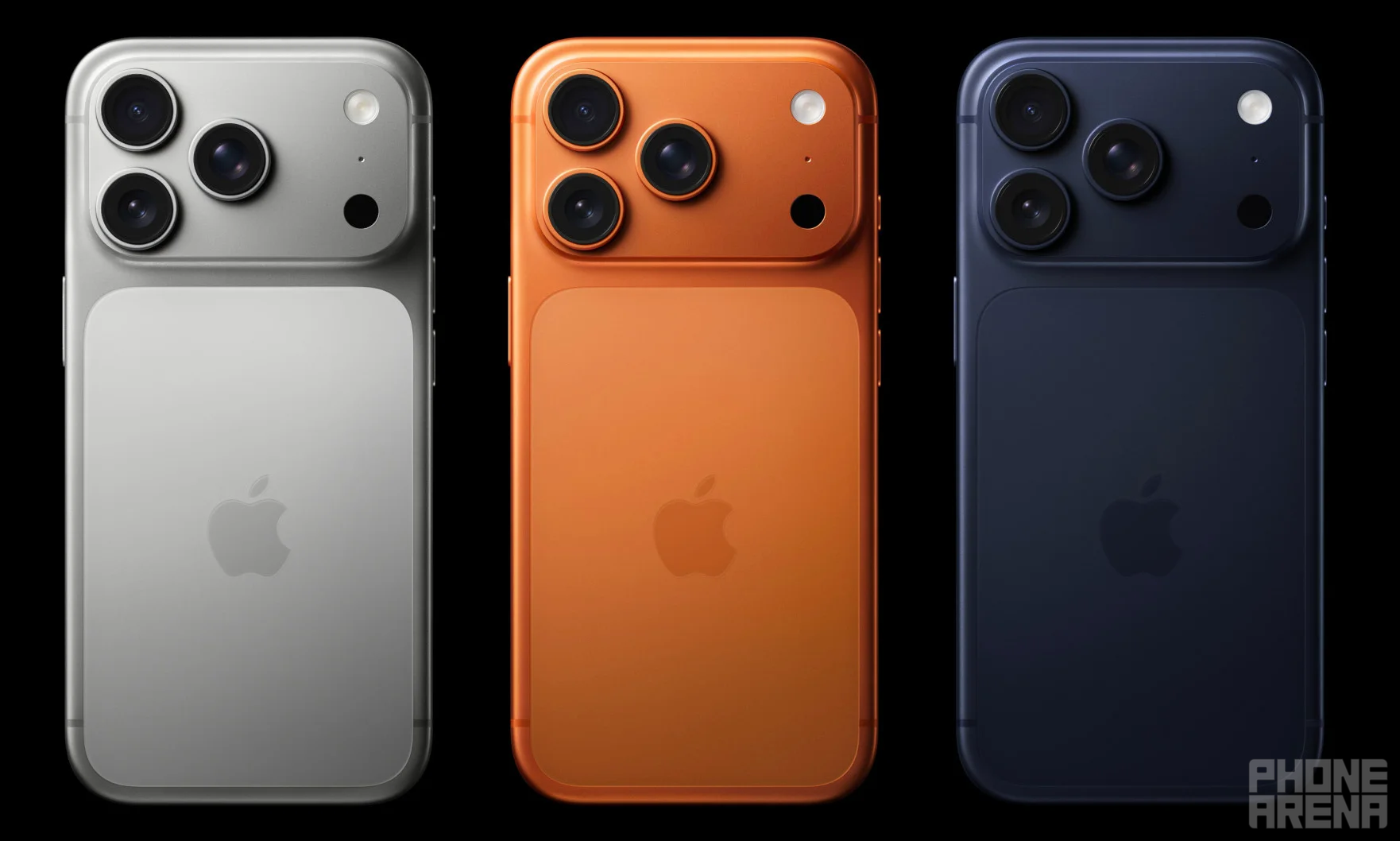
iPhone color options
The Pixel 10 Pro, on the other hand, comes in Indigo, Frost, Lemongrass, and Obsidian, which is a pretty lively and varied selection.
Display Differences
The iPhone 17 Pro is equipped with a 6.3-inch ProMotion-enabled Super Retina XDR 1-120 Hz screen with very thin bezels. It now has a peak brightness of 3,000 nits to keep pace with the flagship competition.
What's more fascinating, though, is that Apple has applied a new 7-layer anti-reflection coating, which may be the real game changer here. Samsung's displays were elevated when the S24 Ultra got its own anti-glare treatment.
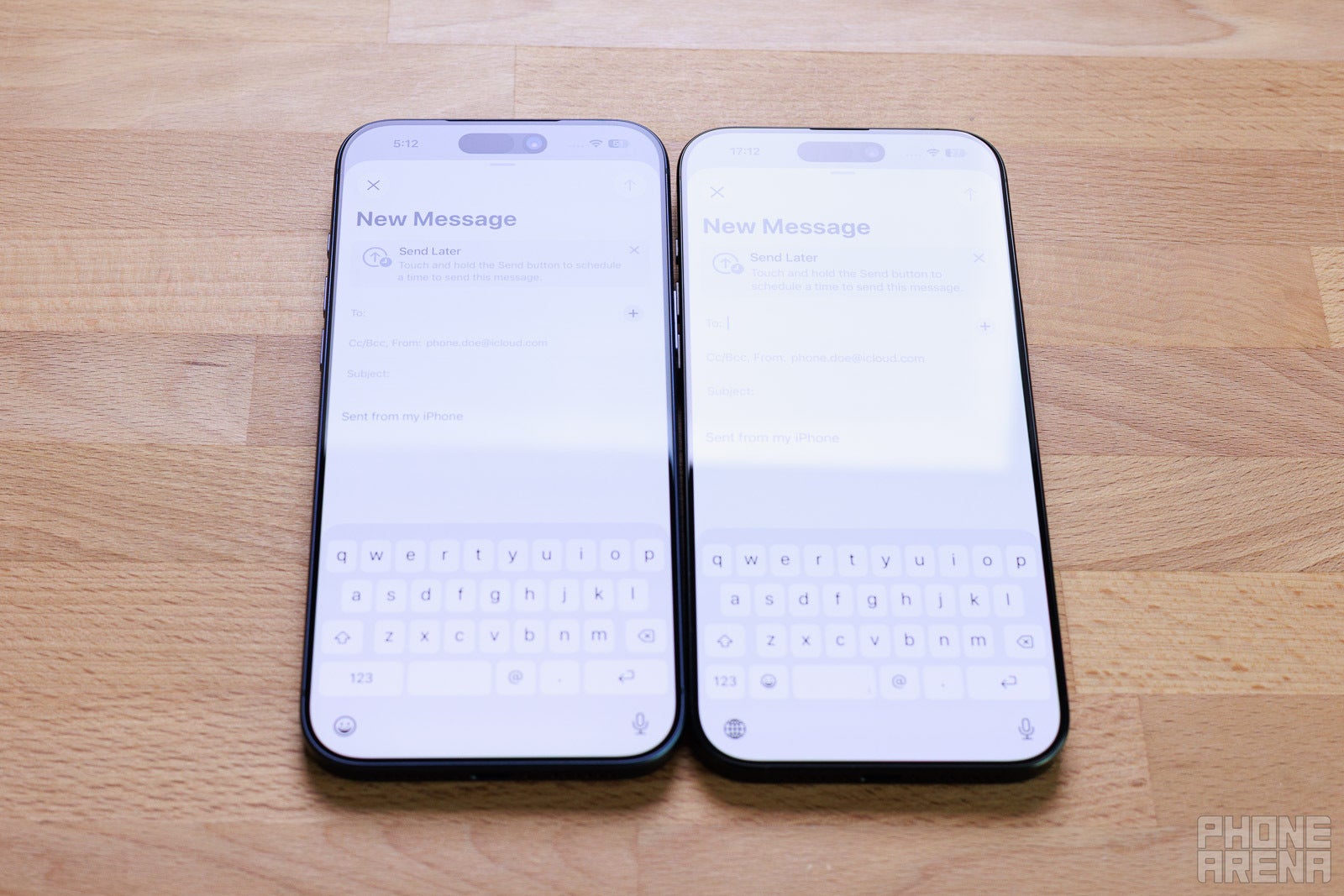
iPhone 17 Pro Max vs iPhone 16 Pro Max showcasing the slightly minimized glare
While this coating is not as strong as the anti-reflective screen on the Galaxy S25 Ultra, you can clearly see that it makes a difference in a direct comparison with the iPhone 16 series in these images from a hands-on video by YouTuber MrWhoseTheBoss.
Meanwhile, the Pixel 10 Pro comes with a similar 6.3-inch Super Actua OLED display with LTPO technology that enables a smooth 1-120 Hz refresh rate. The highlight here, no pun intended, is the peak brightness of 3,300 nits, which is some 10% higher than what the Pixel 9 Pro series delivered. That would potentially make the Pixel 10 Pro range one of the brightest phones on the US market.
Apple still has the Dynamic Island cutout on the front, in full size, to house the Face ID and selfie sensors.
| Apple iPhone 17 Pro | Google Pixel 10 Pro |
|---|---|
| Size 6.3" | Size 6.3" |
| Brightness 3,000 nits (peak) | Brightness 3,300 nits (peak) |
According to our display benchmark tests, the iPhone 17 Pro can't really match the peak brightness achievable by the Pixel 10 Pro. However, it's the iPhone that achieves the lower minimum brightness, which is great for your eyes if you tend to use your phone in the dead of night. Other than that, the two displays are very comparable in terms of color, contrast, and overall properties.
In terms of biometrics, the Pixel 10 Pro comes with an ultrasonic fingerprint scanner, but the selfie camera is also used for AI-reinforced face unlock. It's deemed secure enough to be enabled for use with banking apps.
Also read:
- Apple iPhone 17 Pro vs Google Pixel 10 Pro: Main differences
- iPhone 17 vs Pixel 10: How they compare
- Google Pixel 10 Pro XL review: putting "smart" in smartphone
Performance and Software
Two 3nm chips on deck, but the Apple one might still have the upper hand
Apple comes along with a brand-new A19 Pro chip. Built on a 3 nm process, faster than before, of course all the good stuff. But what we are really interested in is the new vapor chamber inside the iPhone 17 Pro for cooling. Because the A18 Pro and the A17 Pro before it were fast — actually they are insanely fast even by today's standards. But they hold that top speed for only a little while before they are forced to throttle.
Apple made a big deal out of how the new iPhones were designed from the ground up with heat management in mind. And we can't wait to run them through some torture tests!
The Pixel 10 Pro is equipped with Google's first truly custom chipset, the Tensor G5, which is built by TSMC on its own 3 nm manufacturing process. Until now, Google had to rely on Samsung for manufacturing previous Tensor chips, which were using the Exynos blueprints. No longer, as the Tensor G5 is now custom built to Google's specifications. Definitely faster than before, still not as fast as the top dogs in the markets. Though, with the Pixel 10 Pro's snappy performance, it's arguable whether we should care about the benchmark scores.
| iPhone 17 Pro | Google Pixel 10 Pro |
|---|---|
| Chip Apple A19 Pro | Chip Google Tensor G5 |
| Process 3nm | Process 3nm |
| RAM, Storage 12/256GB 12/512GB 12/1TB 12/2TB | RAM, Storage 16/128GB 16/256GB 16/512GB 16/1TB |
So, what's the performance gap? Well, it's a rather wide crevasse, actually, and it doesn't look good for the Pixel at all.
The iPhone 17 Pro dominates both the single- and multi-core CPU tests, leaving the Pixel 10 Pro far, far behind. Interestingly, the Pixel never feels slow or sluggish in real life and is quite a snappy performer; it's just that the iPhone 17 Pro and the A19 Pro chip in question are far, far more potent.
The same difference can be observed in our graphics benchmarks as well: it's the iPhone 17 Pro that smokes out its opponent once again, making it a logical choice for Genshin Impact fanatics.
The iPhone 17 Pro boasts 12GB of RAM, an increase over the previous 8GB of RAM on previous iPhones, likely to accommodate the upcoming needs for AI. Apple doesn't reveal RAM amounts for iPhones, so we have to wait for 3rd party diagnostics to determine if that's true. The Pixel 10 Pro comes with 16 GB of RAM in every tier.
The iPhone 17 Pro comes in 256GB, 512GB, 1TB options, plus an entirely new 2 TB one. The Pixel 10 Pro is available in 128GB, 256GB, 512GB, and 1TB versions.
The Pixel 10 Pro arrives with Android 16 and will be supported for seven years. The most intriguing new feature of Android 16 is Magic Cue, where the AI will be constantly aware of what's on your screen and suggest smart replies via action buttons. Well, it also offers the Material 3 Expressive redesign, which aims to liven up the interface aesthetics of Google's operating system.
Meanwhile, the iPhone 17 Pro will ship with iOS 26, a software update that should have been called iOS 19, but for consistency's sake, Apple renamed all of its operating systems. This one also comes with a redesign, dubbed Liquid Glass, and it's a design language spread across all Apple platforms. The iOS 26 update will also introduce many other changes — read more about them here.
The most exciting developments, however, are the ones that promise peace. A Call Screening feature will finally be deployed to battle telemarketers. Pixel users are laughing somewhere in the background, having had this feature for years.
Naturally, there’s a raft of other tidbits. Polls are coming to group chats, threatening to impose actual structure on the beautiful chaos of a dozen people trying to agree on a pub. All in all, it’s a list of perfectly reasonable changes, to be honest.
Thankfully, many updates simplify the experience, perfect for the rest of us. The Camera app is being streamlined, hiding most modes by default. Apple is organizing the Photos app, after it decided to turn it into total chaos with the previous iOS update.
Naturally, there’s a raft of other tidbits. Polls are coming to group chats, threatening to impose actual structure on the beautiful chaos of a dozen people trying to agree on a pub. All in all, it’s a list of perfectly reasonable changes, to be honest.
Thankfully, many updates simplify the experience, perfect for the rest of us. The Camera app is being streamlined, hiding most modes by default. Apple is organizing the Photos app, after it decided to turn it into total chaos with the previous iOS update.
Camera
An important change for the iPhone
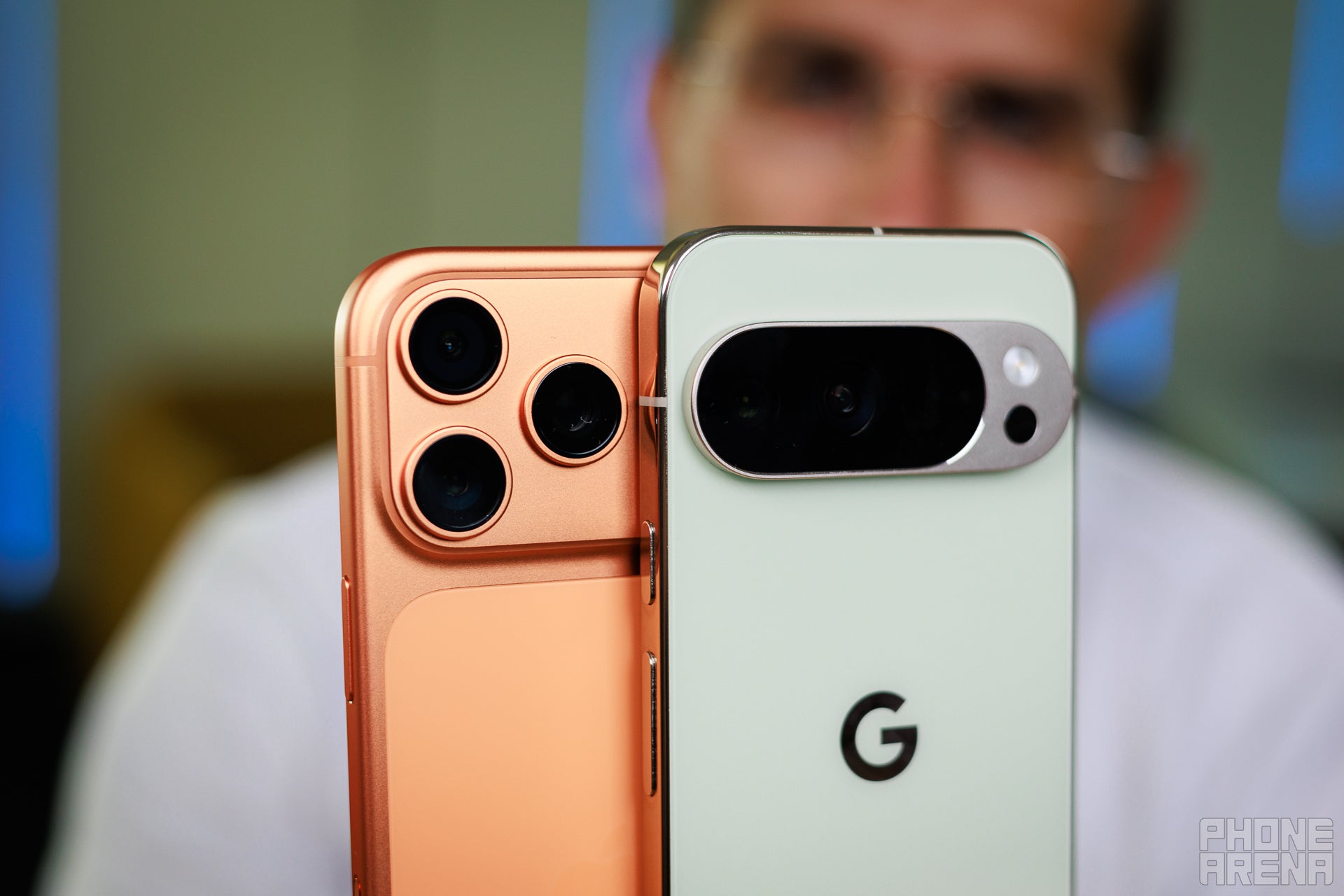
With the iPhone 17 Pro, Apple is upgrading all three of its back cameras to 48 MP sensors. It also dubs all of them "Fusion cameras", meaning it employs sensor crop-in trickery to kind of, sort of give us "optical grade" zooming and thus simulate multiple lenses on the zoom wheel. From 16 mm to 200 mm equivalent (8x zoom). Digitally, the iPhone 17 Pro Max can now magnify to 40x, up from 25x before. Still a long way from the Pixel's 100x.
The Pixel 10 Pro is coming with mostly the same camera setup as the Pixel 9 Pro: a 50MP main camera, a 48MP ultrawide, a 48MP periscope with 5X optical zoom, and a high-res 42MP front-facing camera. The big change with the Pixel 10 Pro is the periscope camera, which has scored 100X Pro Res Zoom, finally bringing the Pixel in the big zooming leagues.
| iPhone 17 Pro | Pixel 10 Pro |
|---|---|
| Main 48 MP, f/1.8 24 mm | Main 50 MP, f/1.68 24 mm |
| Ultrawide 48 MP, f/2.2 13 mm | Ultrawide 48 MP, f/1.7 13 mm |
| Telephoto/periscope 48 MP, f/2.8 4X zoom | Telephoto/periscope 48 MP, f/2.8 5X zoom (113 mm), 100X Pro Res Zoom |
Apple also has a new selfie camera with a sprinkle of Apple magic on it. The new 18 MP "Center Stage" camera has a square sensor, so it can frame a selfie as vertical, horizontal, or square if you wish. Leave Center Stage on and it will automatically zoom in or out and adjust the frame when taking group selfies, too.
A new camera feature on the Pixel 10 Pro is called Camera Coach, and it's pretty much what it says on the tin: it will guide and help you to take a photo with a better composition.
PhoneArena Camera Score:
In our custom camera test, it's the iPhone 17 Pro that edges ahead, but that's only due to its better video-recording capabilities. In terms of still photography, the two devices are pretty much on equal ground and score the same results in our test.
Main camera
In good lighting conditions, the Pixel 10 Pro is pretty much on par with the iPhone 17 Pro Max, with just some slight processing differences relating to colors and tone. The iPhone is a pinch more realistic, while the Pixel is a bit more cinematic, with a certain signature style to it.
At lower light, the Pixel 10 Pro delivers better dynamics and resolves better detail from darker areas, which is a pretty important distinction.
Zoom quality
In terms of zoom quality, both phones perform very similarly, with tons of detail in either sample photo.
Ultrawide camera
The ultrawide is a bit better on the iPhone 17 Pro Max, which boasts slightly better dynamic range and resolves more detail in the shadows.
Selfies
Video Quality

The iPhone can capture 4K footage at up to 120 fps, while the Pixel can capture up to 4K@60fps natively and up to 8K@30fps when you use cloud upscaling. The Apple flagship also supports ProRes, which gives you significantly more leeway for postprocessing but is definitely a niche feature.
The iPhone 17 Pro certainly has the upper hand when it comes to video quality, delivering superior dynamics, details, and more realistic colors. The Pixel 10 Pro is decent but doesn't really stand out when compared to footage taken with the latest iPhone.
Battery Life and Charging
Big changes on both
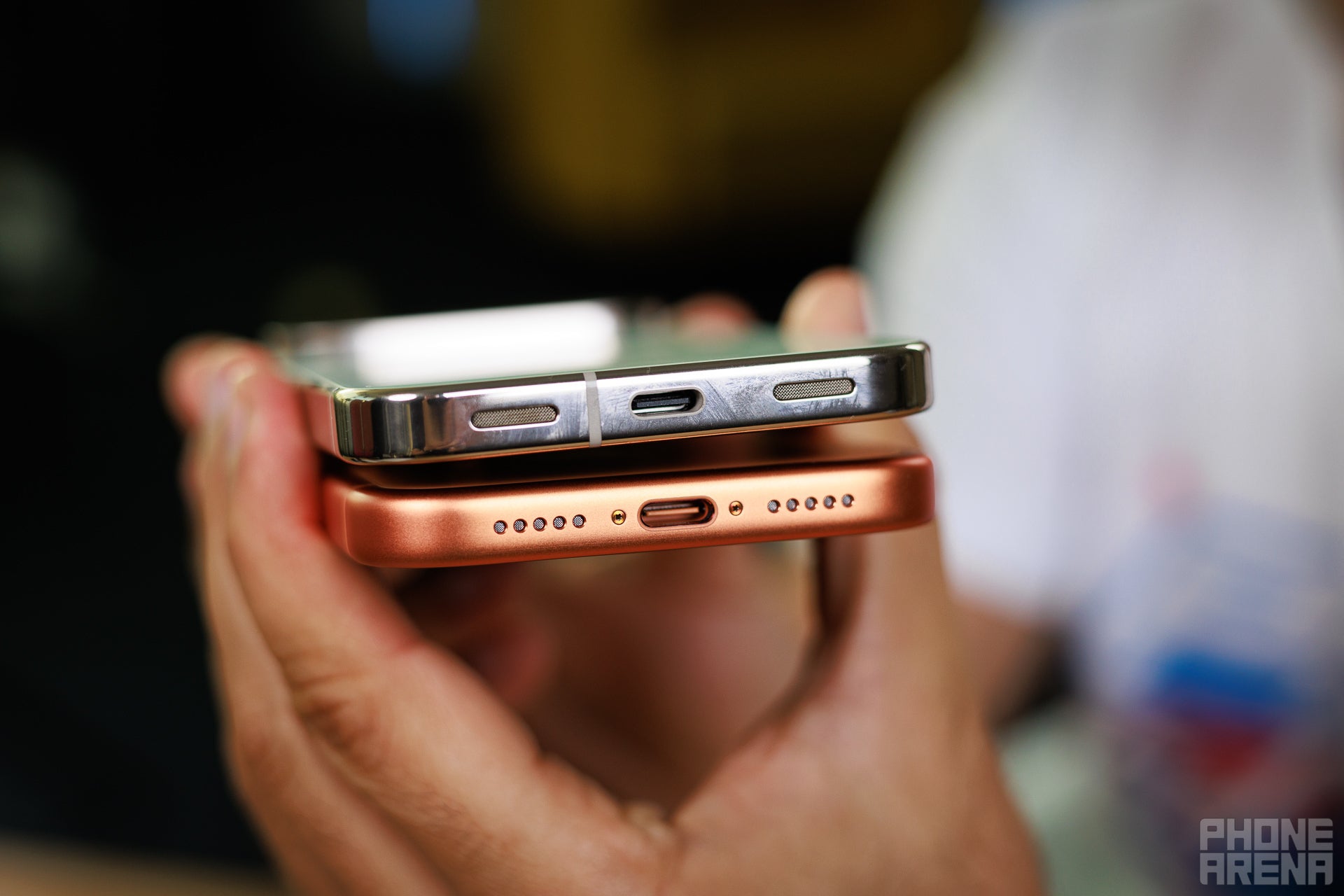
The Pixel 10 Pro has arrived with a fairly large 4,870 mAh battery, which should play well with the efficient Tensor G5 chip. At the same time, the iPhone 17 Pro has also scored a battery bump, coming in hot with a 4,252mAh battery.
| iPhone 17 Pro | Pixel 10 Pro |
|---|---|
| Battery size 4,252 mAh | Battery size 4,870 mAh |
Charging speeds 40W wired 25W wireless charging MagSafe 2.0 USB-C | Charging speeds 30W wired 15W Qi2 wireless charging Pixelsnap USB-C |
In terms of battery life, the Pixel 10 Pro achieves slightly better results in our custom battery tests, leading in the web browsing and video streaming tests but dramatically losing in the 3D gaming test. The iPhone 17 Pro is a bit behind in both the web and video tests, but achieves better results in the gaming test.
PhoneArena Battery and Charging Test Results:
Apple gave us a pleasant surprise on the charging front, as the iPhone 17 Pro now supports charging with 40 W power bricks! It'll go from 0% to 50% in 20 minutes, which is a pretty nice upgrade. MagSafe 2.0 is also on board, of course, but it hasn't received a bump in the charging speeds and will once again charge at 25 W.
Google did also introduce its own Pixelsnap magnetic accessory ecosystem. But, sadly, only the Pixel 10 Pro XL gets Qi2.2 with 25 W charging. The regular Pixel 10 Pro gets the old Qi2 with 15 W. Boo! Also, the Pixel 10 Pro charges with 30 W on the wire.
As per our tests, the iPhone charges faster than the Pixel: a 30-minute charge will get you 67% of battery on the iPhone but just 51% on the Pixel.
Specs Comparison
Here's how the iPhone 17 Pro vs Pixel 10 Pro specs compare:
| iPhone 17 Pro | Pixel 10 Pro |
|---|---|
| Size, weight 150.0 x 71.9 x 8.75 mm 206 gr | Size, weight 152.8 x 72.0 x 8.6 mm 207 gr |
| Screen 6.3" OLED 120Hz ProMotion 3,000 nits peak brightness | Screen 6.3" OLED 120Hz 3,300 nits |
| Processor A19 Pro 3nm | Processor Tensor G5 3nm |
| Versions: 12GB/256GB 12GB/512GB 12GB/1TB 12GB/2TB LPDDR5 | Versions: 16GB/128GB 16GB/256GB 16GB/512GB 16GB/1TB LPDDR5 |
| Cameras: 48MP main 48MP ultra 48MP 4X zoom 18MP front | Cameras: 50MP main 48MP ultra 48MP 5X zoom, 100X Pro Res Zoom 42MP front |
| Battery: 3,700 mAh | Battery: 4,870 mAh |
| Charging: USB-C 40W wired 25W wireless MagSafe 2.0 | Charging: USB-C 30W wired 15W Qi2 wireless Pixelsnap |
Summary
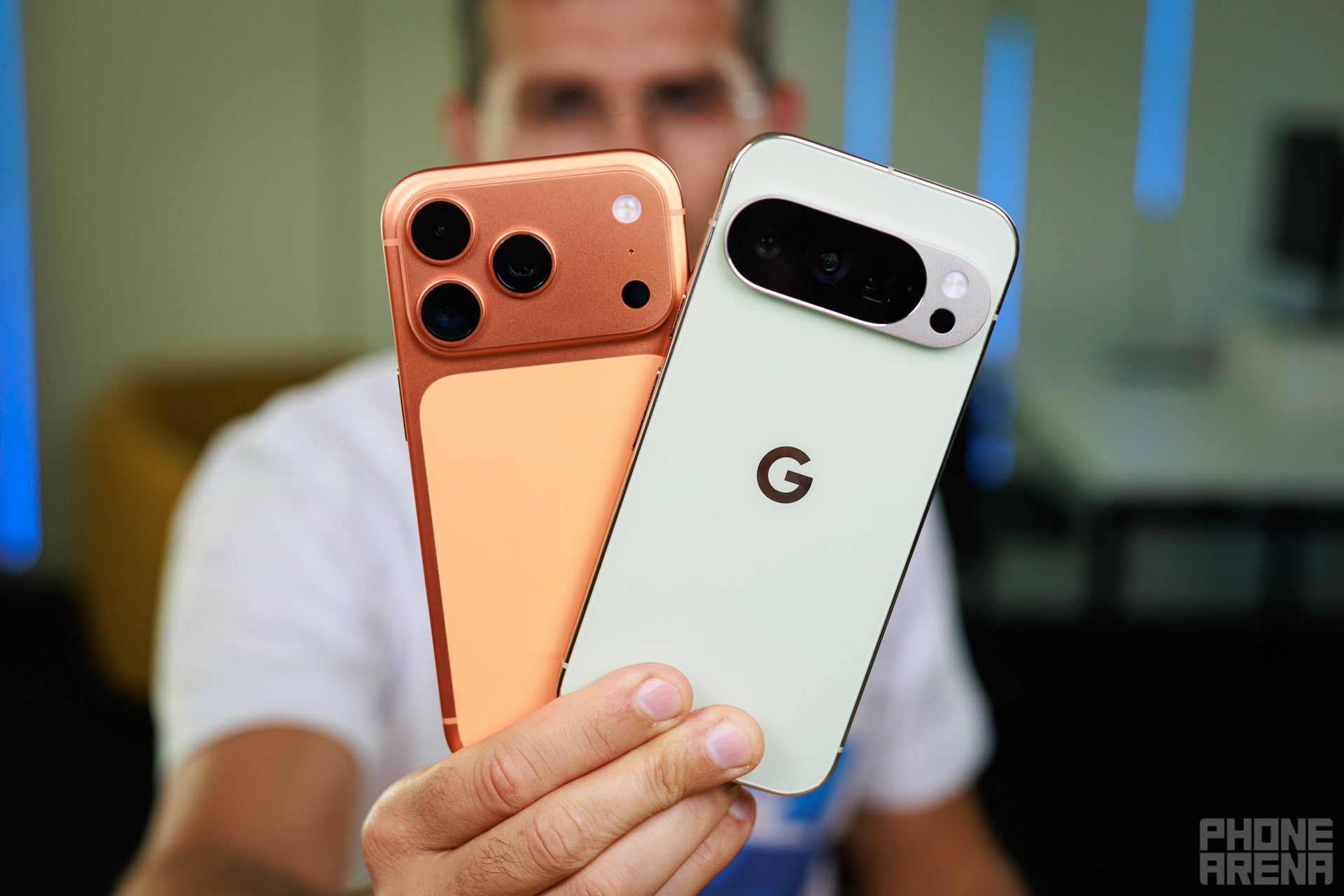
Overall, the iPhone 17 Pro is the better device, all things considered. It brings much better performance, battery life, and faster charging to the mix, making it the obvious choice for those who want a professional iPhone experience but can't stomach the large size of the iPhone Pro Max.
The Pixel 10 Pro, on the other hand, doesn't score nearly as many improvements as the iPhone. Sure, it has the 3nm Tensor chip, but that one doesn't deliver the palpable improvement we had hoped it would, and it's also not very good for gaming. The Pixelsnap support is one of the bigger updates here, and it's something we hope catches on with other Android makers.
Which one should you pick? Depends on the ecosystem, of course, but overall we feel that the iPhone is the much better device this year, barring the durability gremlins that the new aluminum design introduced.
Follow us on Google News

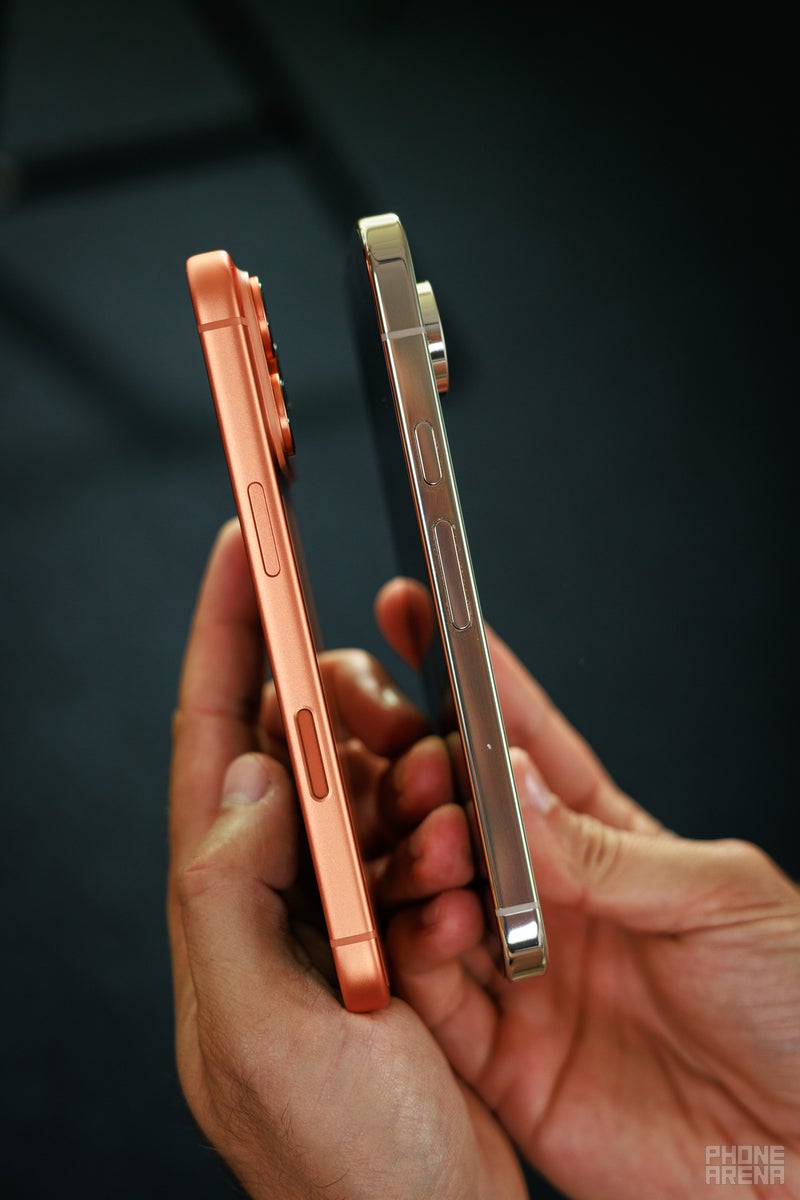
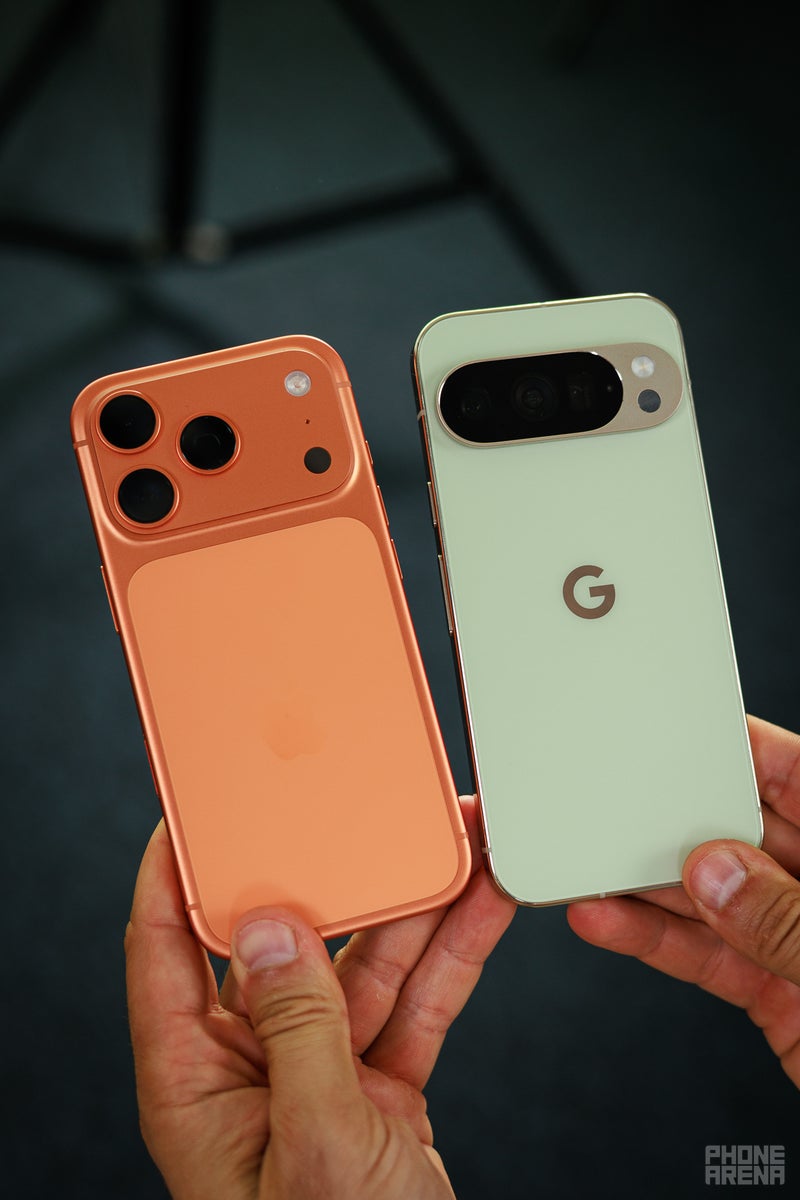
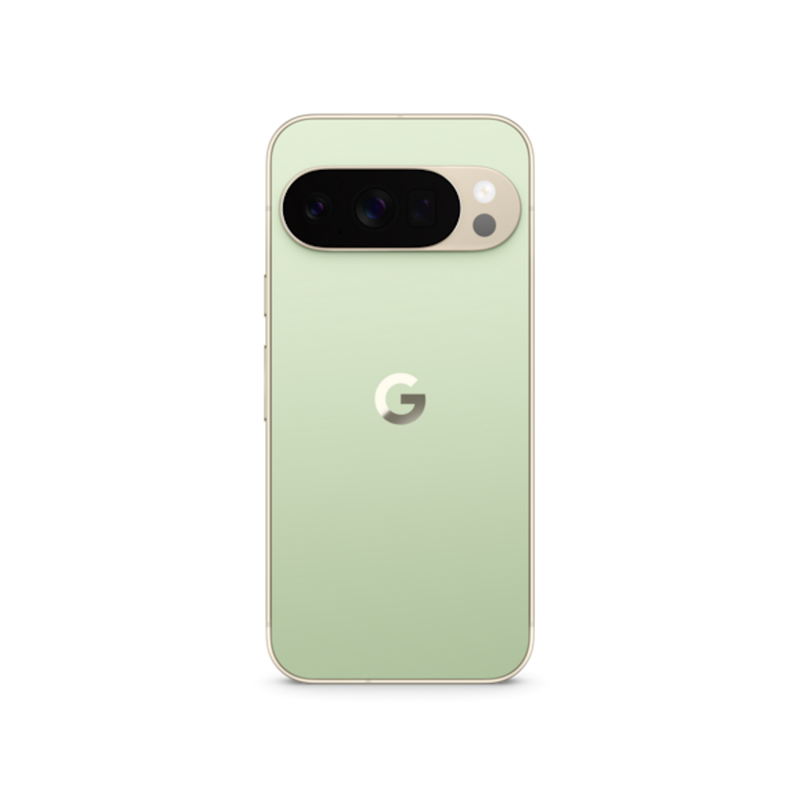
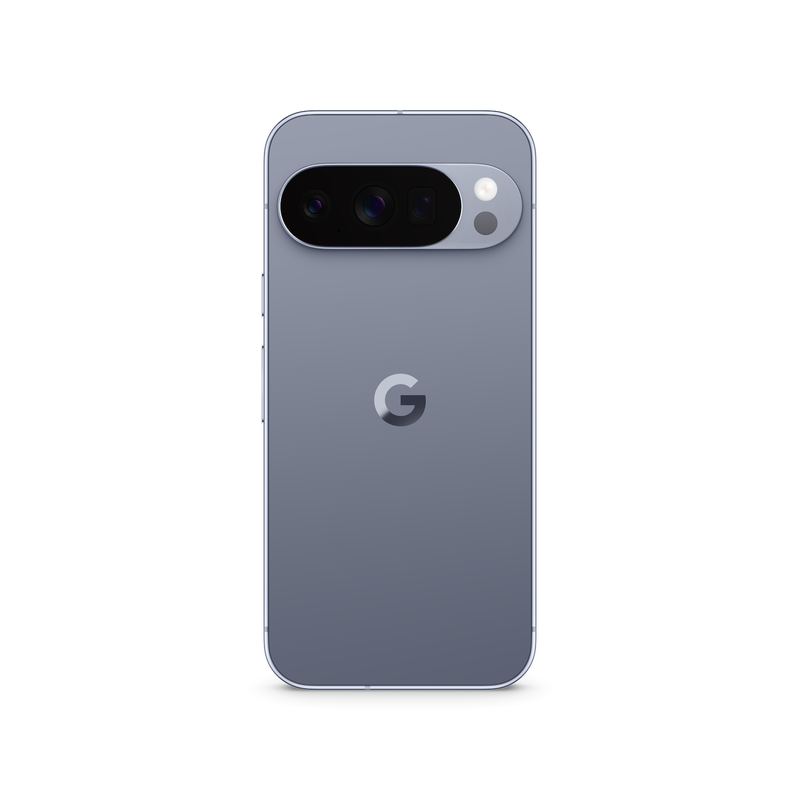
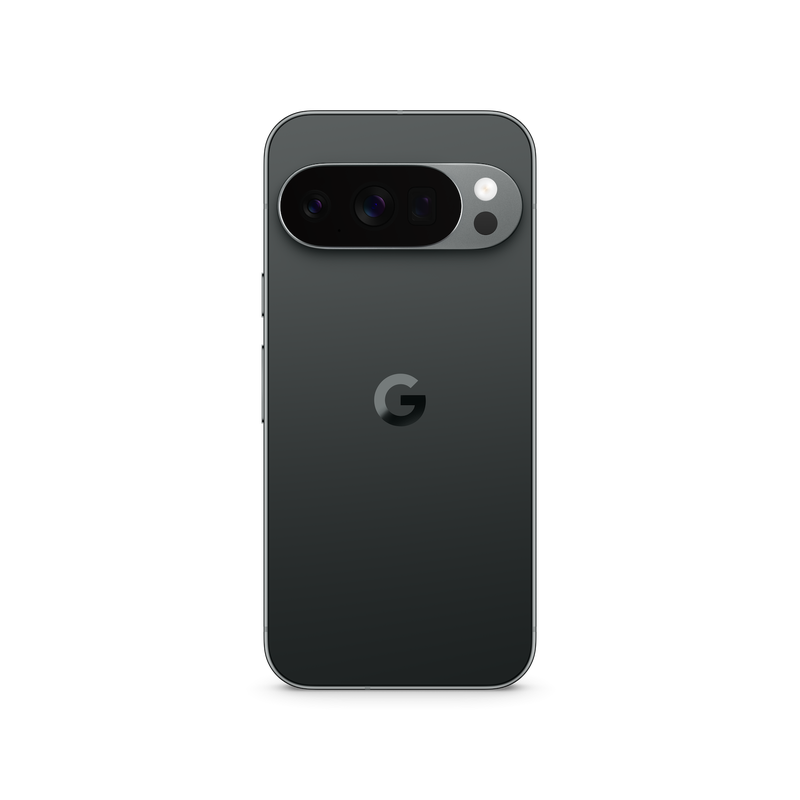
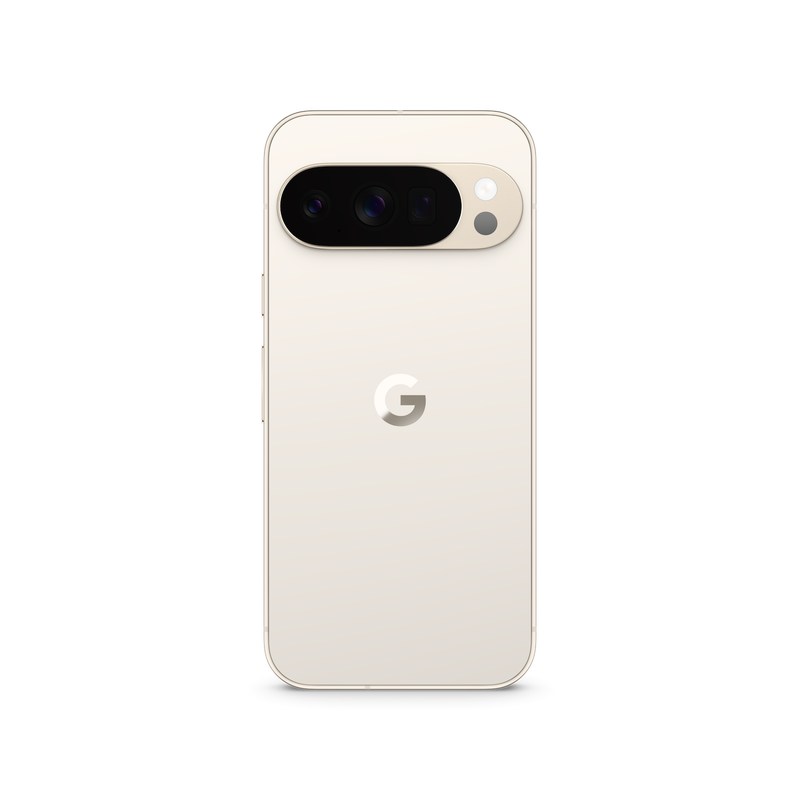
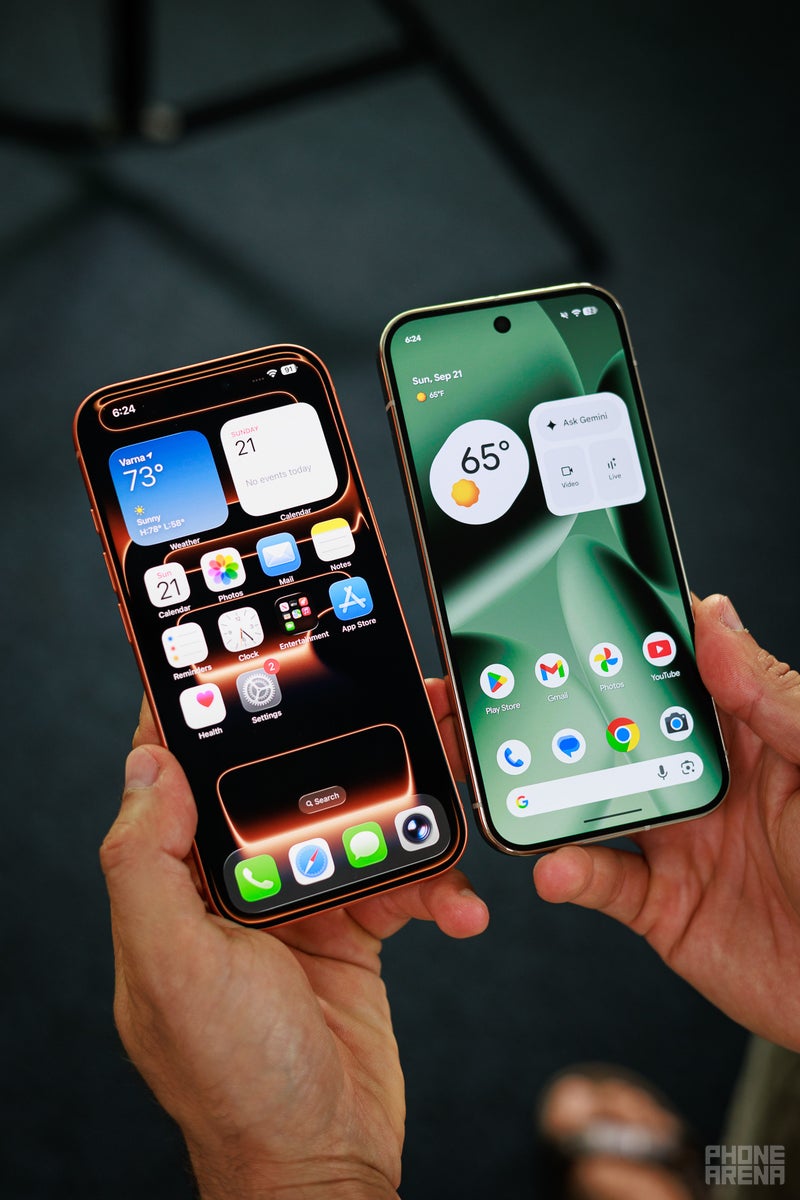
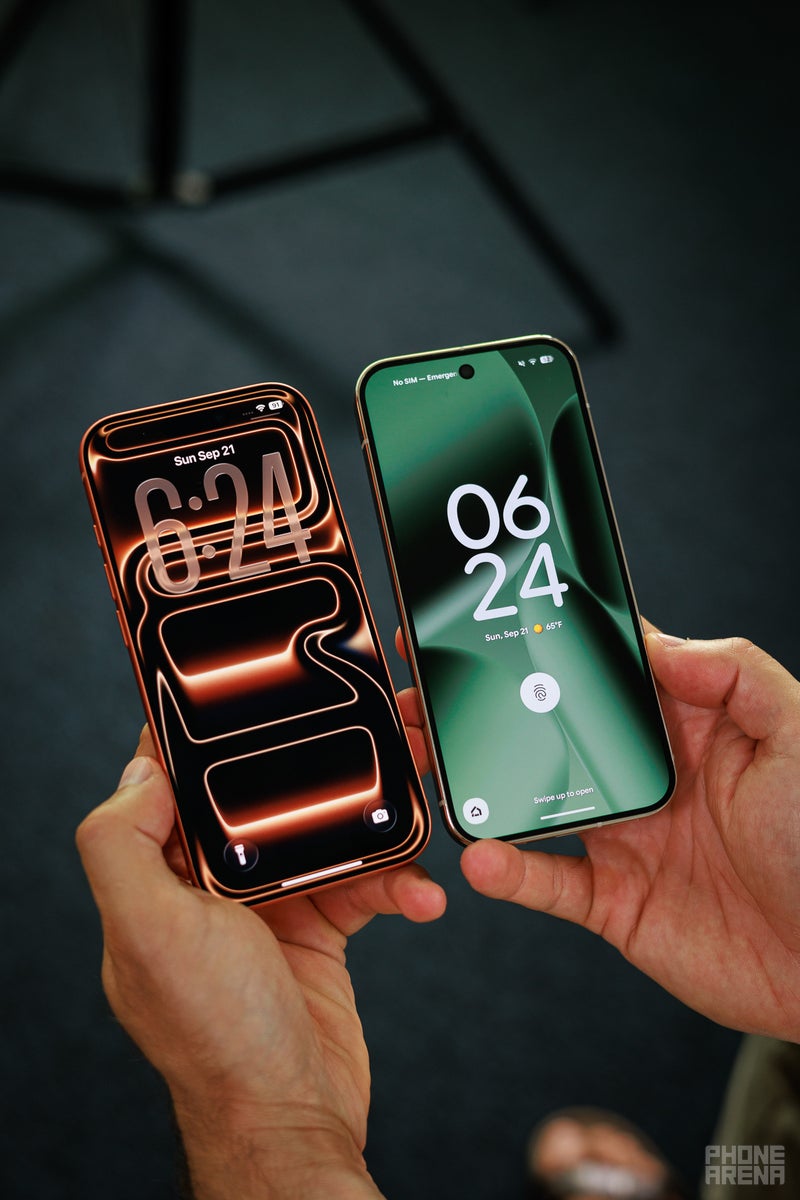
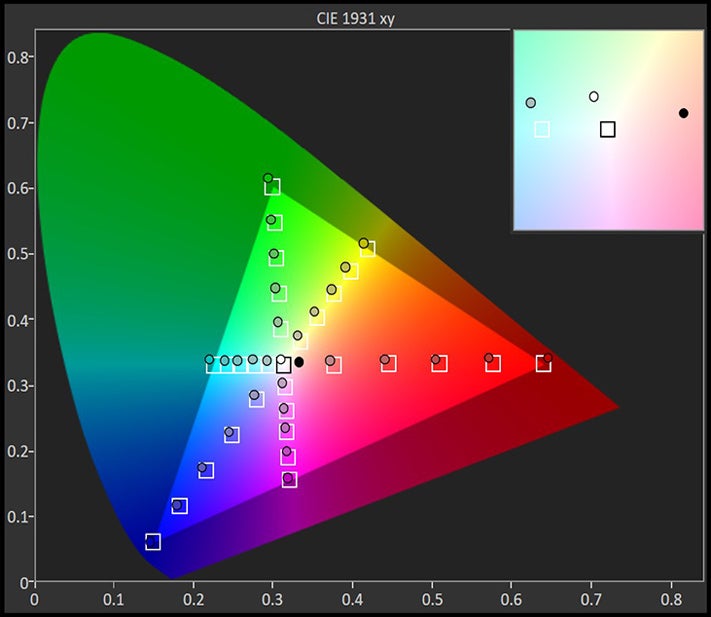





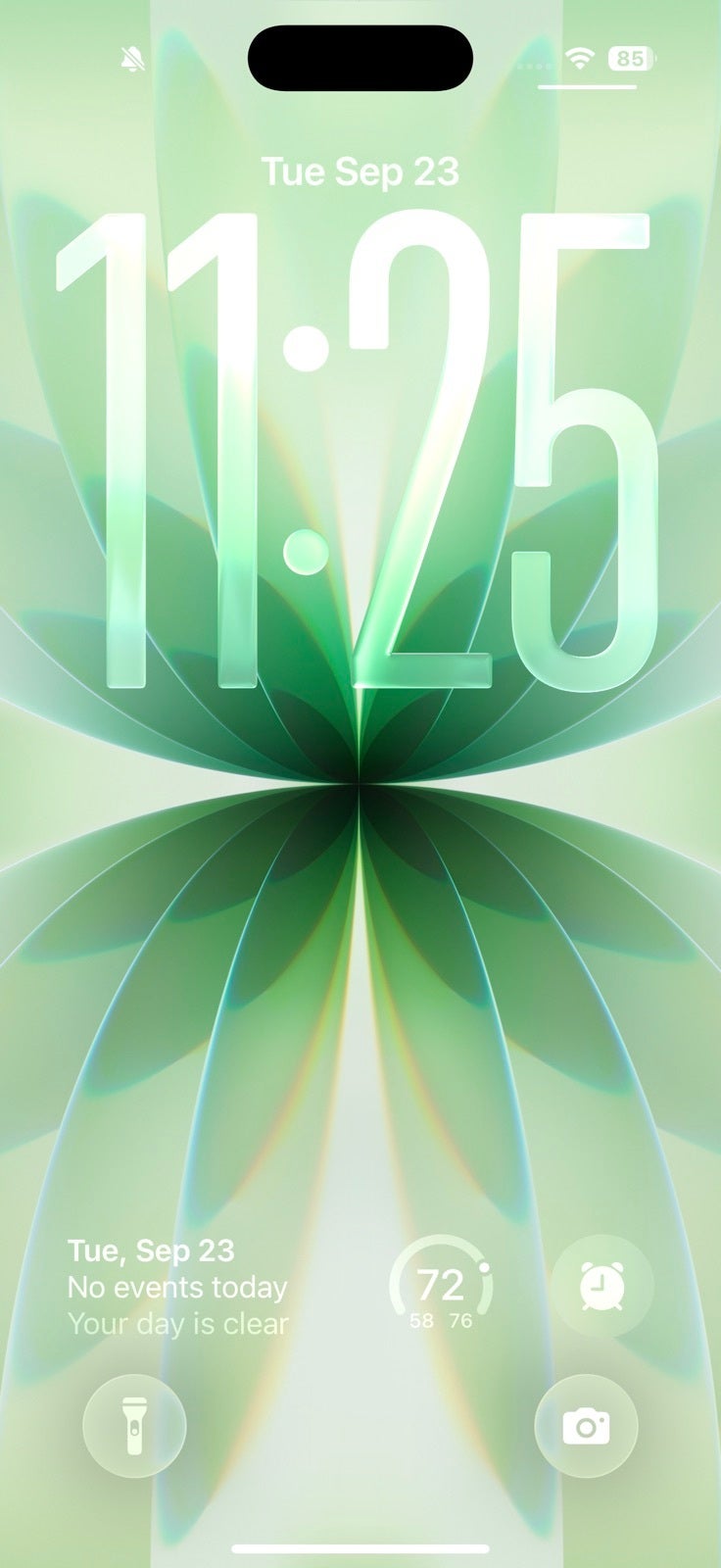
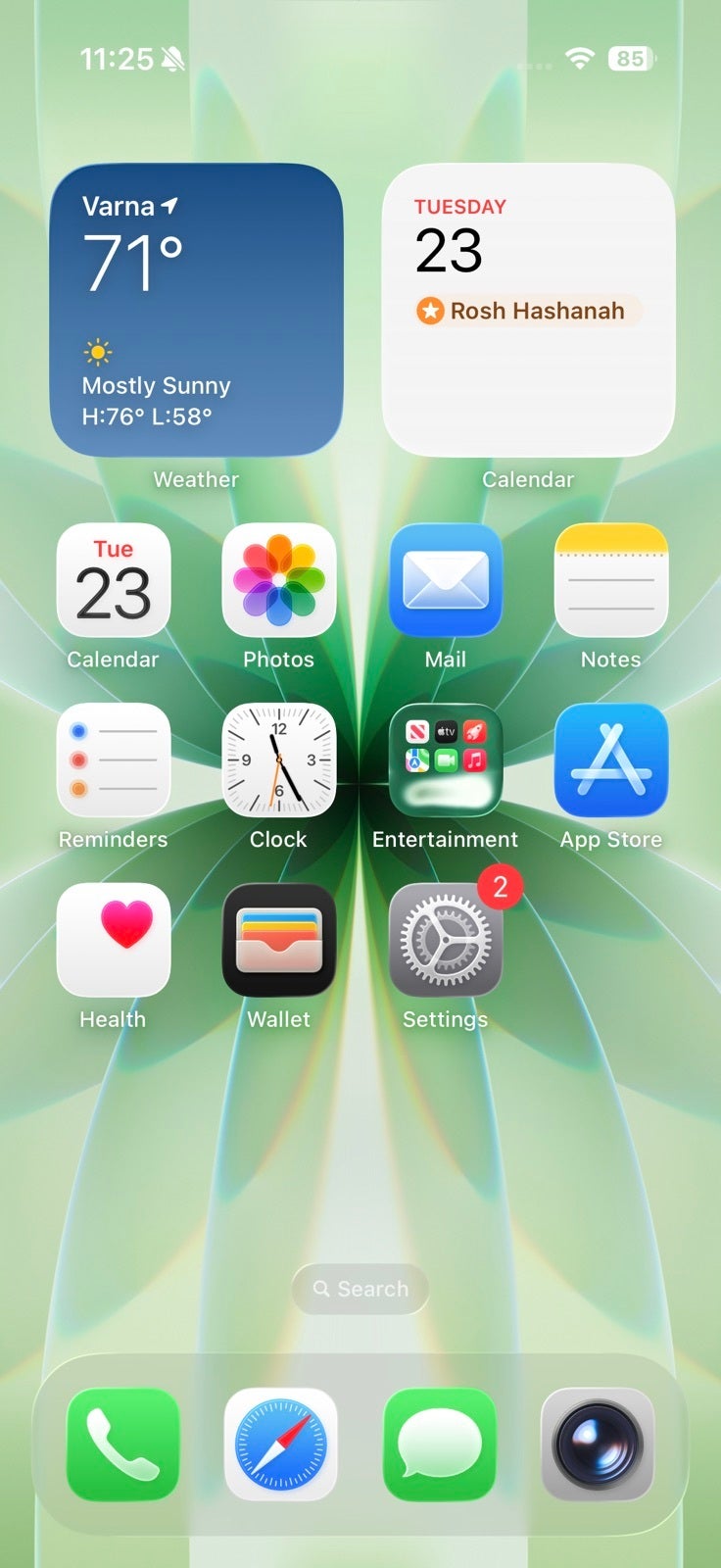
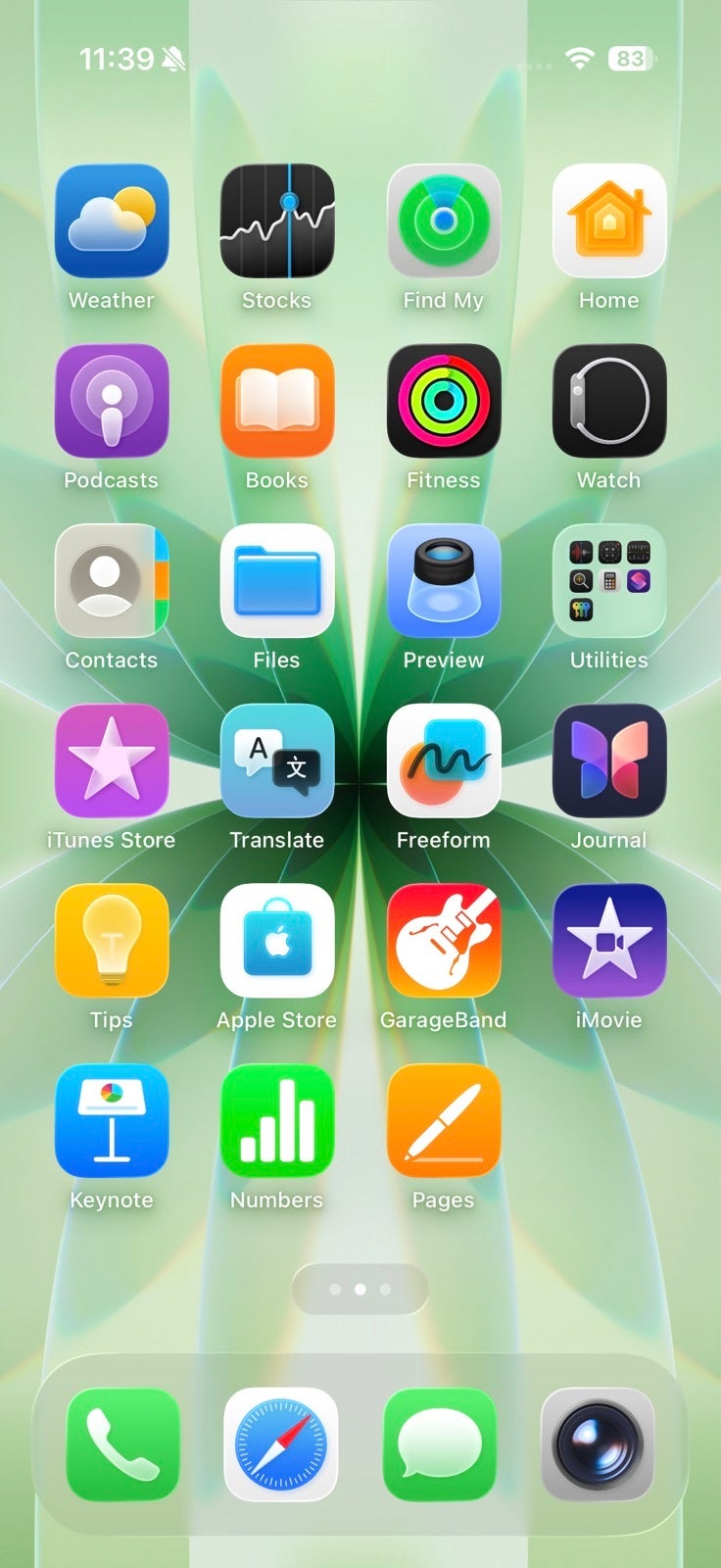
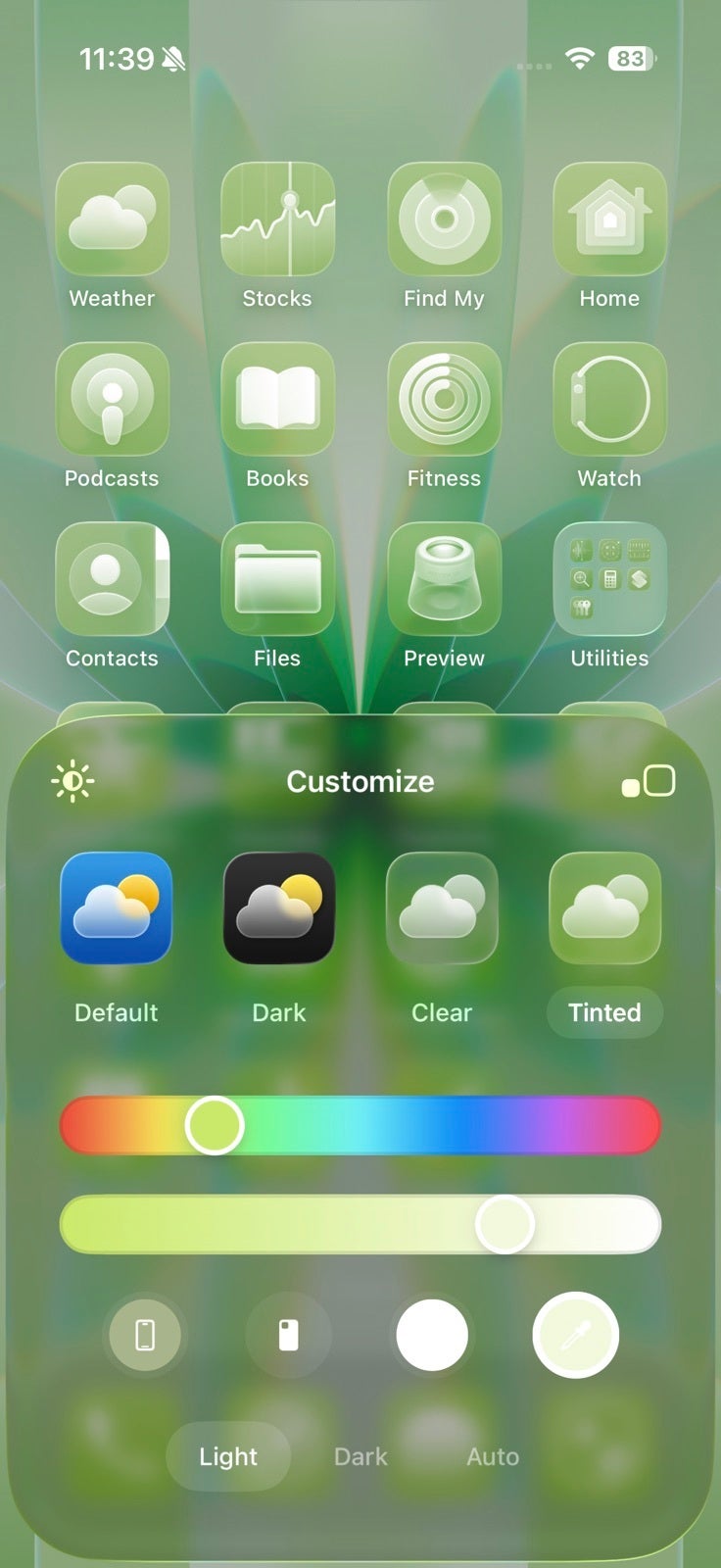





























Things that are NOT allowed:
To help keep our community safe and free from spam, we apply temporary limits to newly created accounts: